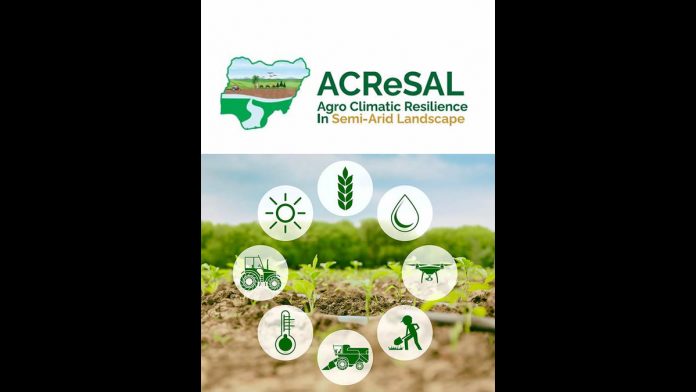News in Brief:
– FAO and ACReSAL are partnering to fight desertification and restore degraded land in 19 northern Nigerian states.
– The project focuses on large-scale restoration using mechanised planting techniques and collaboration with local communities.
The Food and Agriculture Organization (FAO) and the World Bank-funded Agro-Climatic Resilience in Semi-Arid Landscapes (ACReSAL) project are joining forces to tackle desertification and restore degraded land across 19 northern Nigerian states and the Federal Capital Territory (FCT).
This initiative aims to address the environmental challenges plaguing the region. Specifically, the project targets the restoration of 350,000 hectares of degraded land across the targeted areas, representing a third of the overall project goal of 1 million hectares.
Additionally, ACReSAL is conducting workshops to equip local stakeholders, including forestry officials, agricultural extension workers, and water resource personnel, with the knowledge and skills necessary for implementing land restoration strategies.
Meantime, ACReSAL emphasises a community-driven approach, identifying priority areas for restoration based on the established Catchment Management Plan. This plan considers factors like river basins and wetlands to ensure the effectiveness of restoration efforts.
The project goes beyond simply planting trees. It aims to create mini-ecosystems that incorporate trees, shrubs, grasses, and native wildlife.
To expedite the restoration process, ACReSAL plans to procure specialised equipment like the Delpino flo, a tractor-mounted planter capable of planting millions of trees across vast areas within a year.
Combating desertification requires a collaborative effort. This partnership between FAO and ACReSAL, coupled with the use of innovative technologies and community engagement, signifies a significant step towards restoring degraded land and promoting environmental sustainability in northern Nigeria.



